If you think you know your animals, we’ve got a test for you today! Some animals are so exotic and rare that we think you won’t even know them, so take a look at the following 20 examples and see how knowledgeable you really are about Earth’s creatures!
Goblin Shark
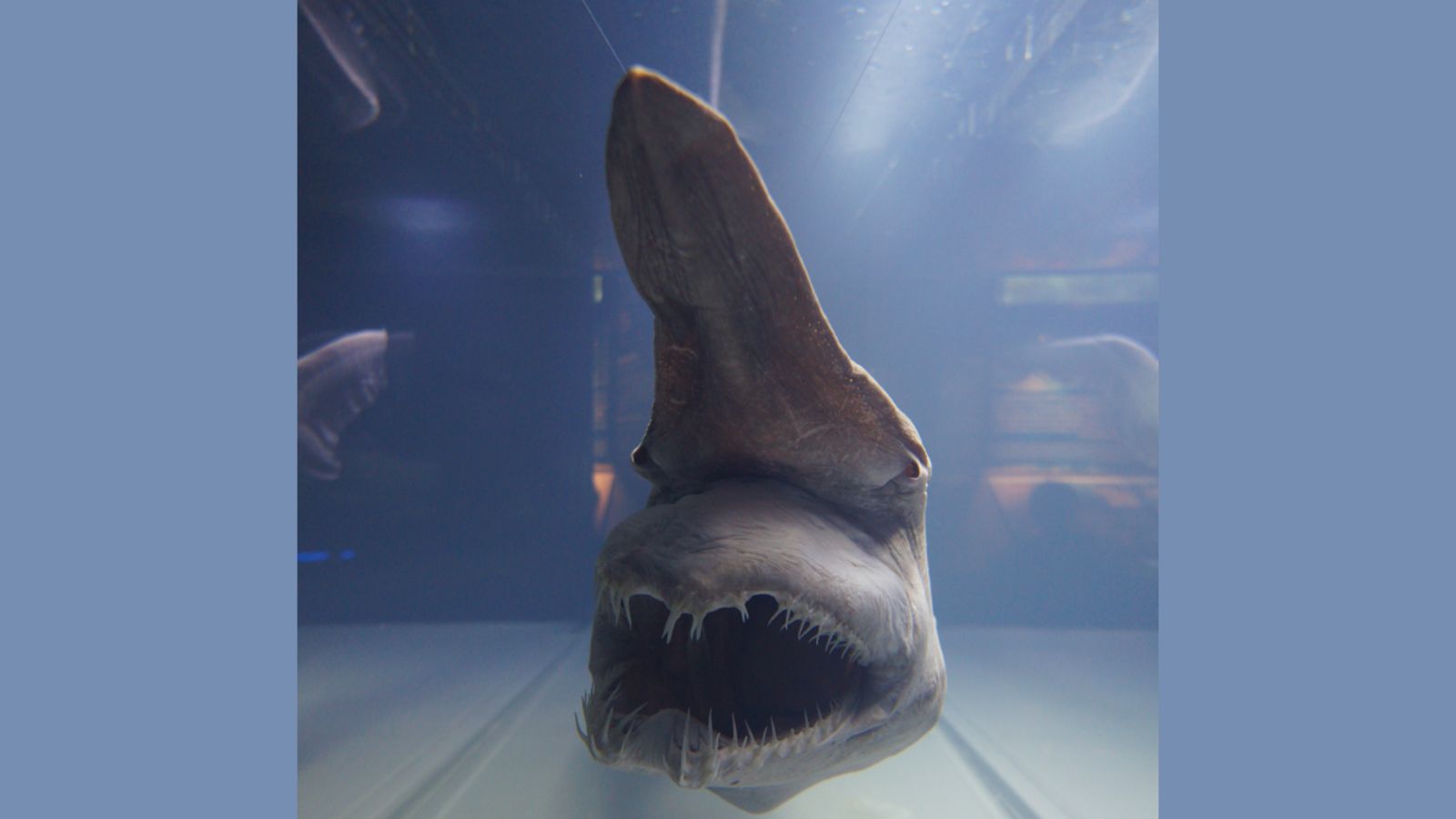
Goblin sharks aren’t winning any awards for their appearance, with their long snout and scary jaws, but humans shouldn’t fear them. Rare sightings occur in depths of 1200 meters in places such as Australia, and even if you do see one, the Australian Museum claims that this species “poses no threat to humans.”
Dumbo Octopus
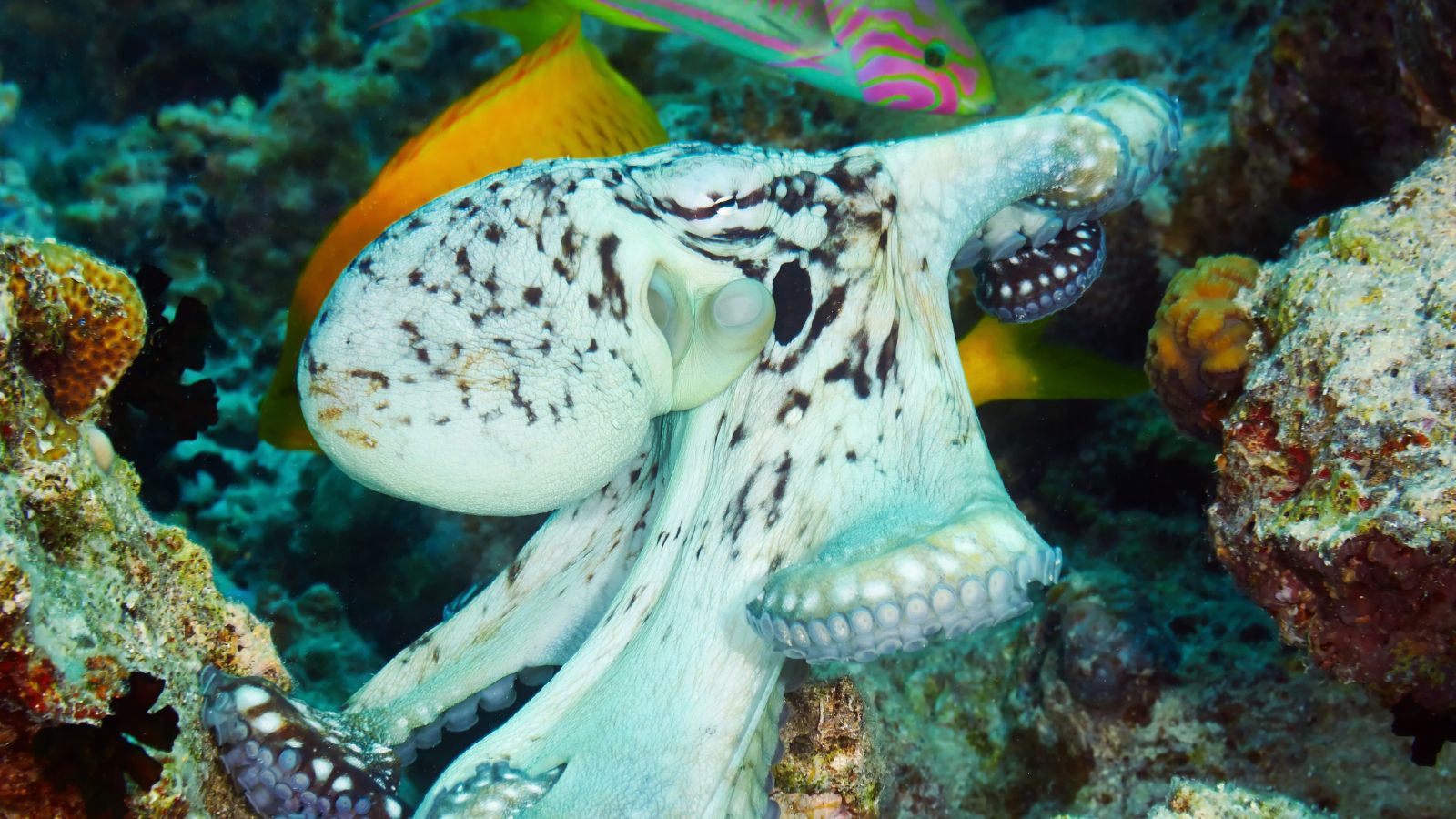
The dumbo octopus has a strange appearance, with its ear-like fins that have been compared to Dumbo the elephant, which explains its name. They live on a diet of oysters, snails, and bristle worms but have to avoid becoming dinner for other creatures, like sharks. That’s probably why they’re so rare!
Anglerfish
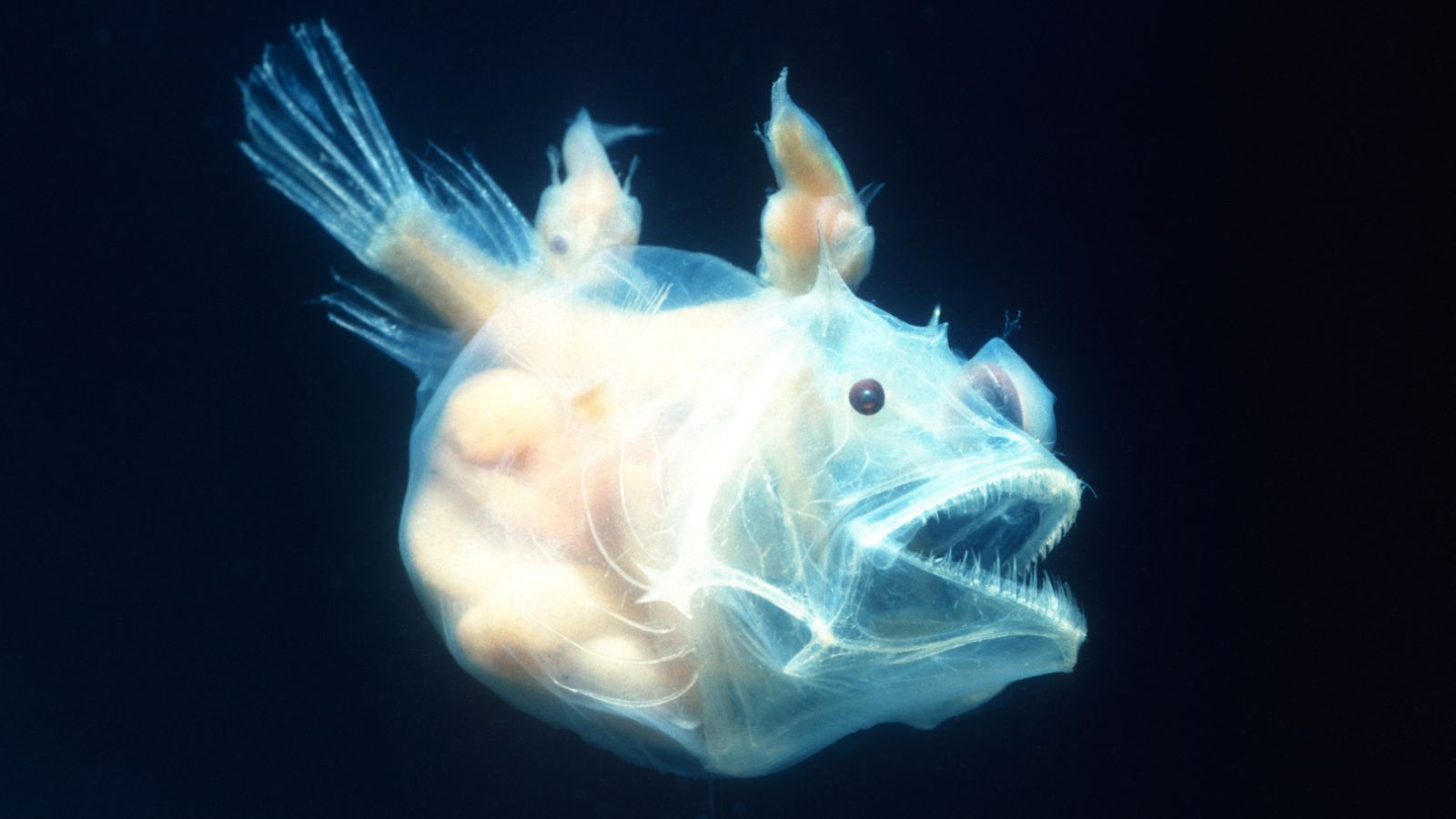
Another rare ocean creature is the anglerfish, one that, honestly, is not so pretty. These ugly fish can grow up to a whopping 4 feet, depending on the breed, of which there are 200, each with its own combination of rod and lure to attract its prey.
Philippine Eagle
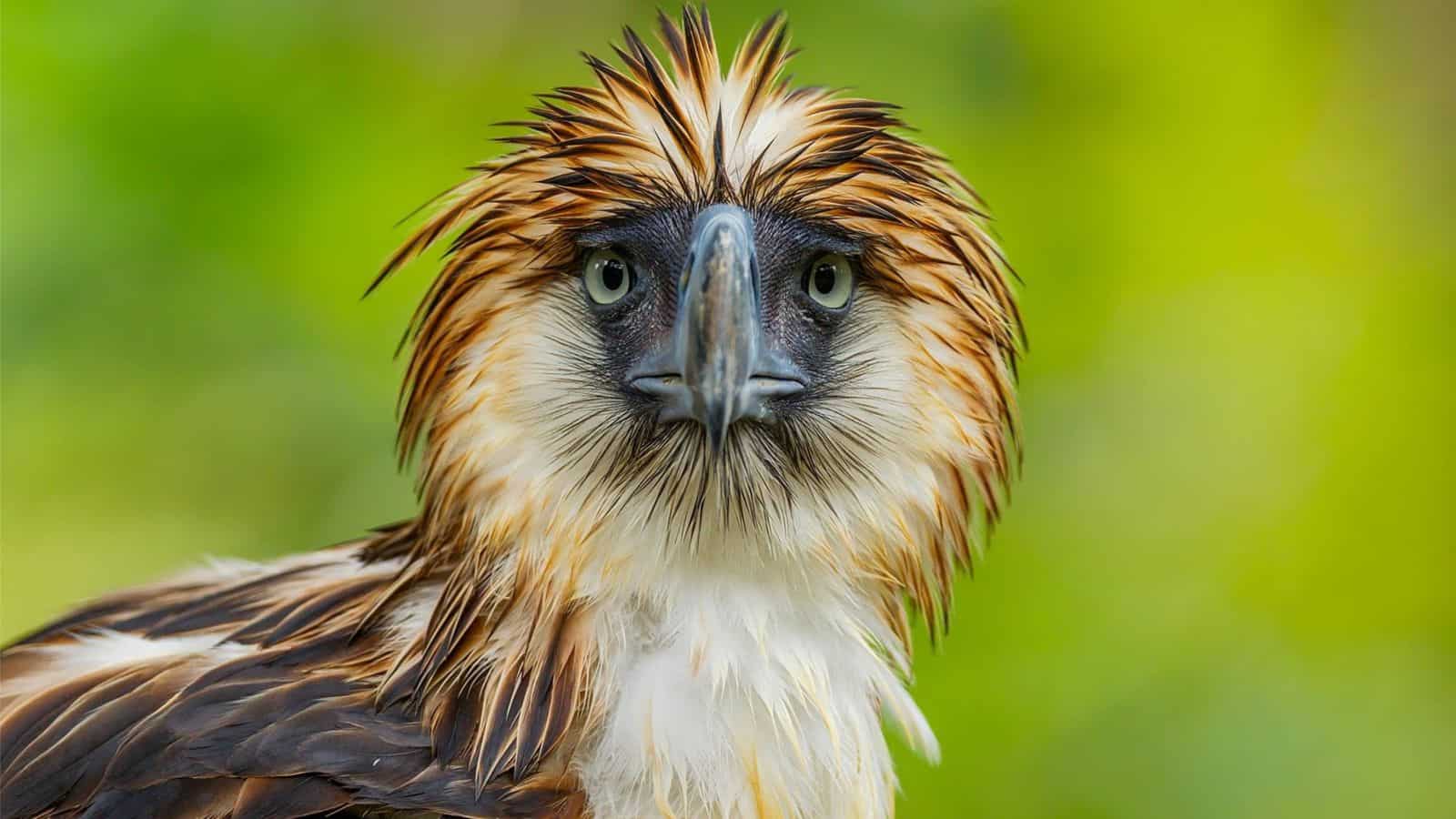
The Philippine Eagle is, unfortunately, an endangered species, but if you do spot one, it will likely boast a crazy wingspan of up to 7 feet! This makes it one of the world’s largest eagles, but that’s not all; its eyesight is also eight times better than a human’s, which is rather incomprehensible!
Secretary Bird
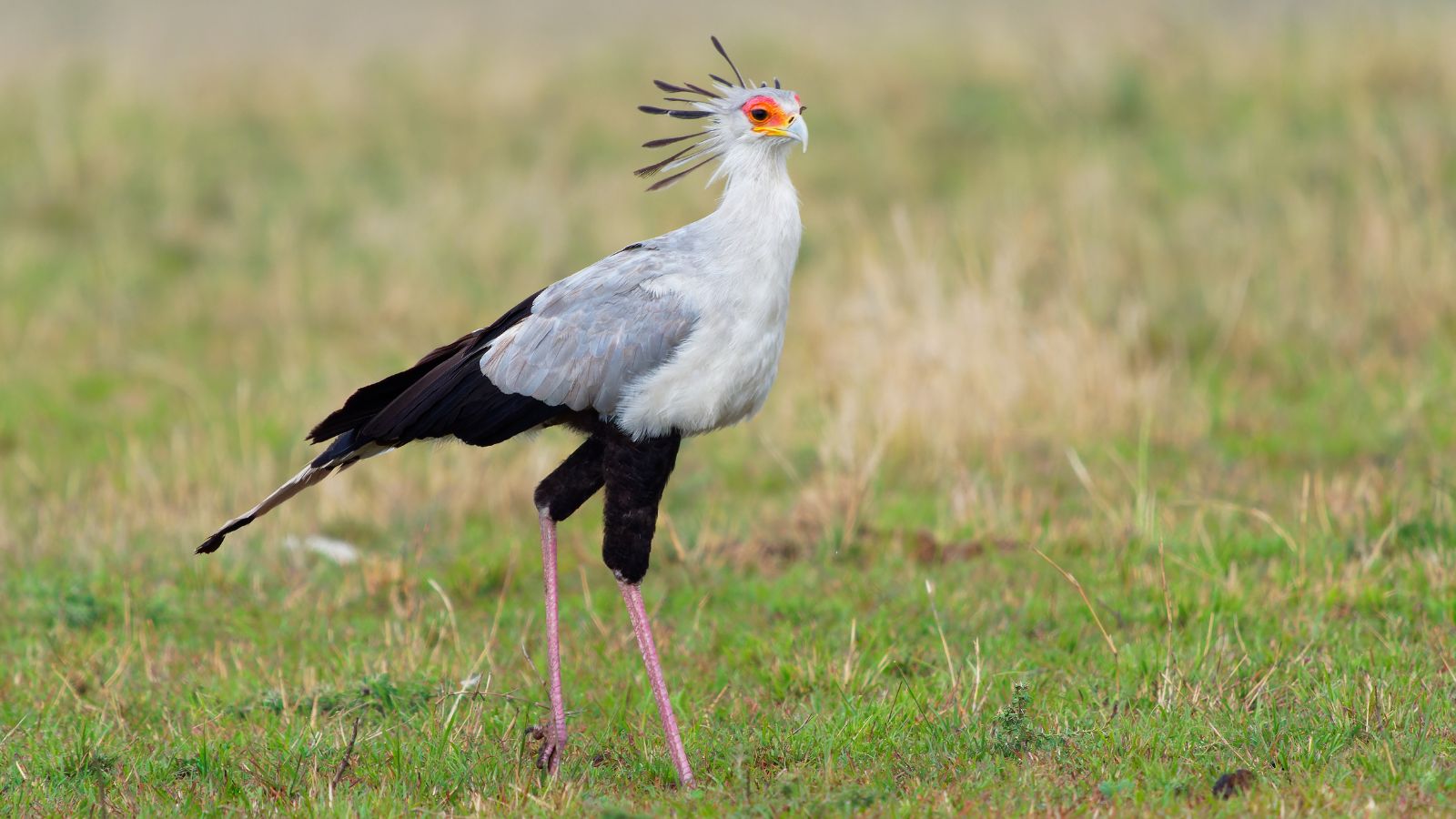
The Secretary Bird is an African bird of prey, with its name taking inspiration from secretaries in the 1800s who wore feathered pens around their ears. It has impressive snake-hunting skills, swooping down on its prey in the blink of an eye, leaving no time for escape (or for you to catch a glimpse!)
Aye-Aye
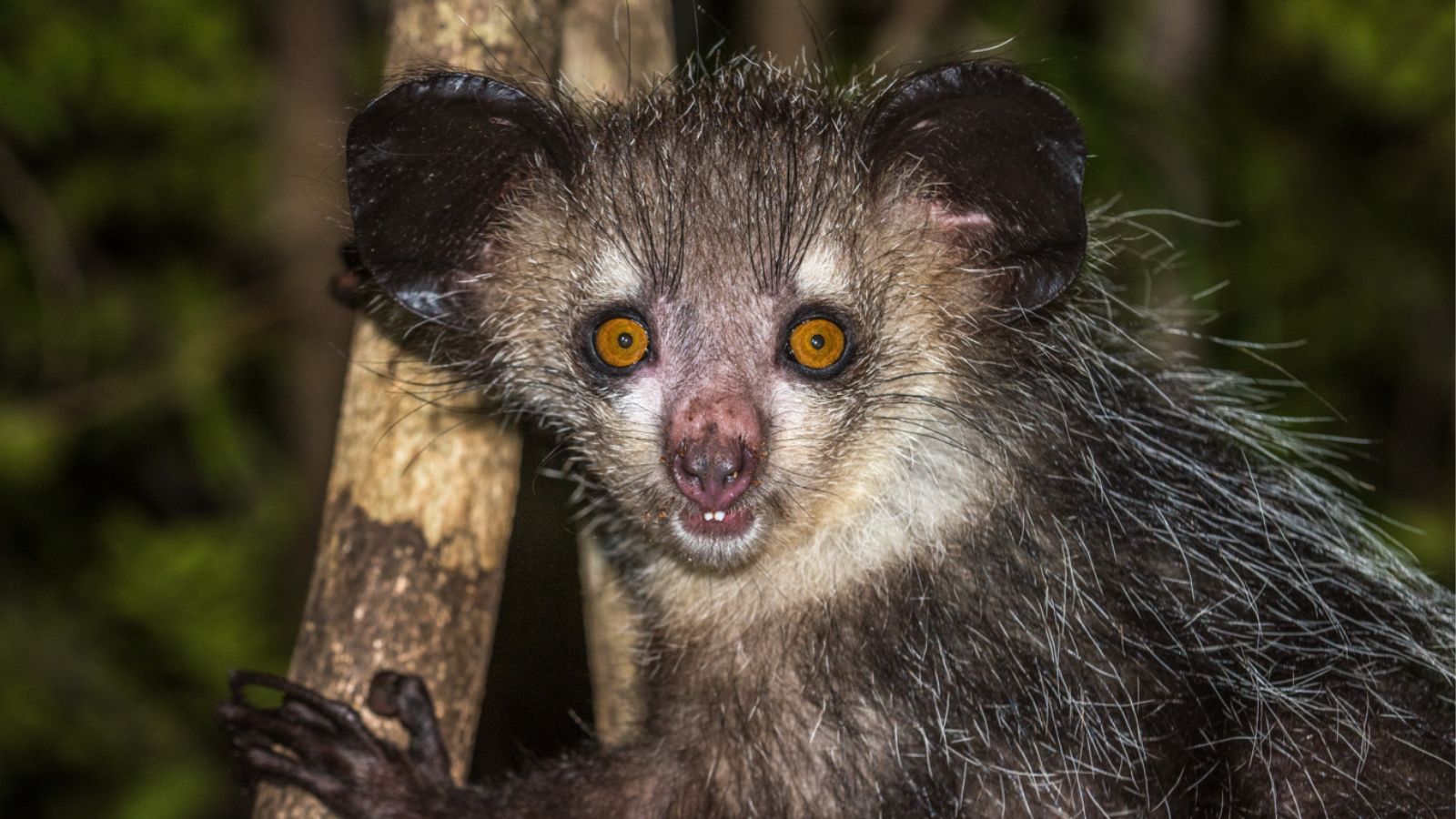
Although this animal’s name sounds made up, the aye-aye is a real and endangered species of lemur from Madagascar. It characteristically uses an extended middle finger to feed by extracting grubs and larvae from tree trunks, which is a highly unique trait not found in many other species. It’s pretty rude, too!
Okapi
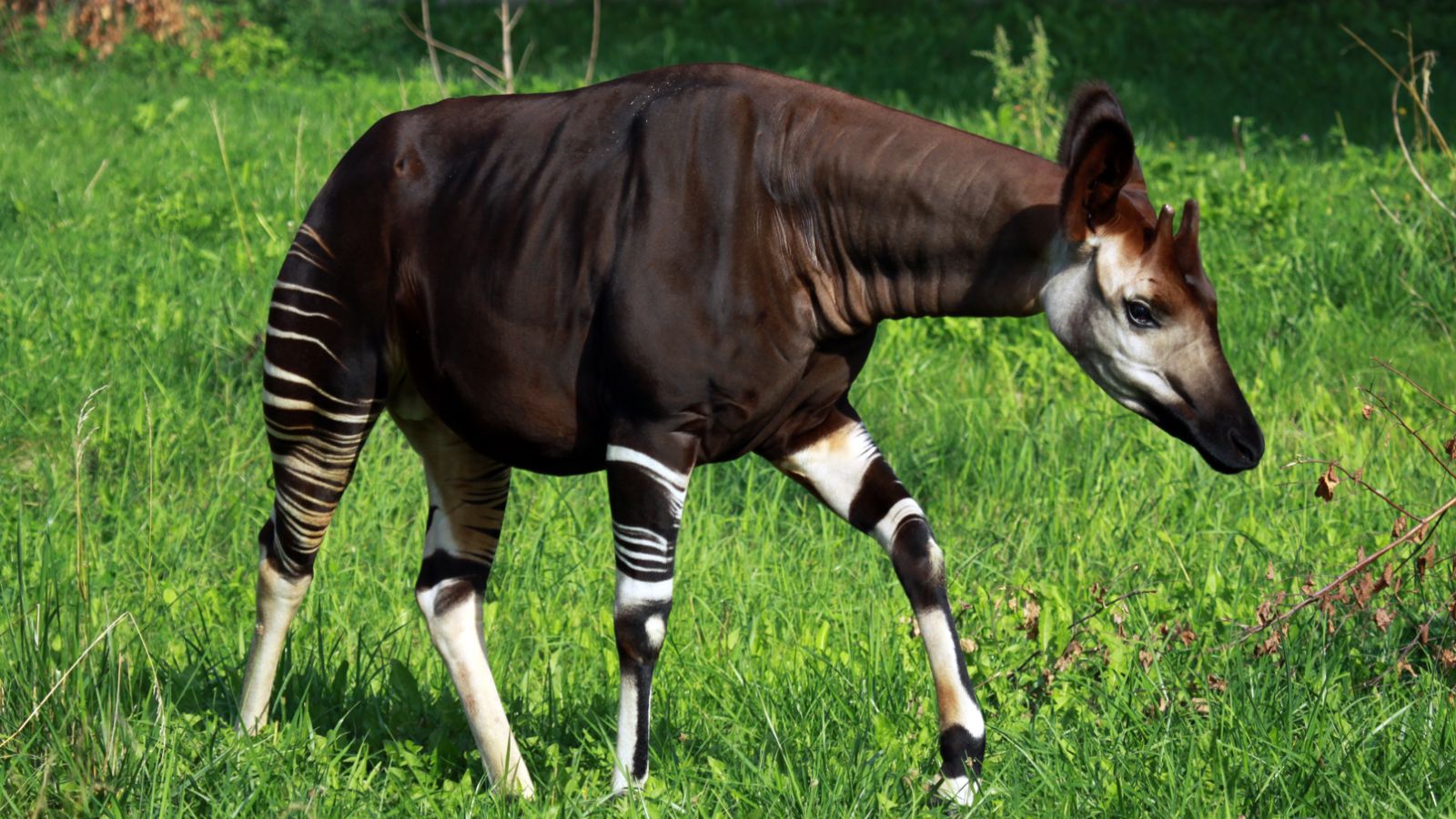
If you imagine what a cross between a zebra and a giraffe would look like, the imagined result might resemble the okapi. This animal—if it’s found at all — is found in the rainforests of the Congo, but sadly, it’s another example of a species that is becoming endangered.
Binturong
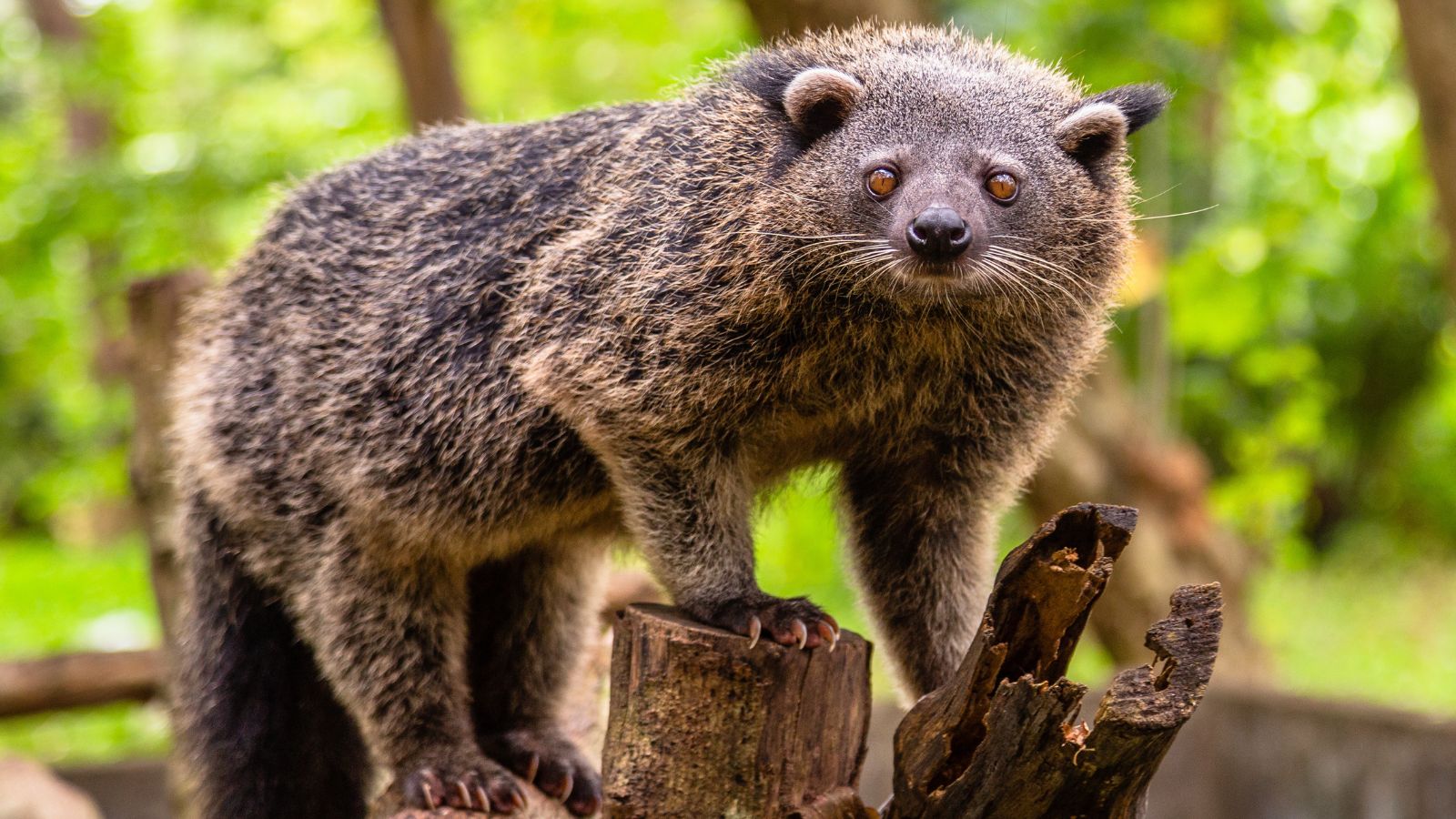
The binturong is another creature that resembles a combination of two different animals. Sometimes referred to as a ‘bearcat’ because it has features of both, it spends a lot of time in trees, sleeps during the day, and has a varied diet that includes fruit and vegetables, fish, and birds.
Tuatara
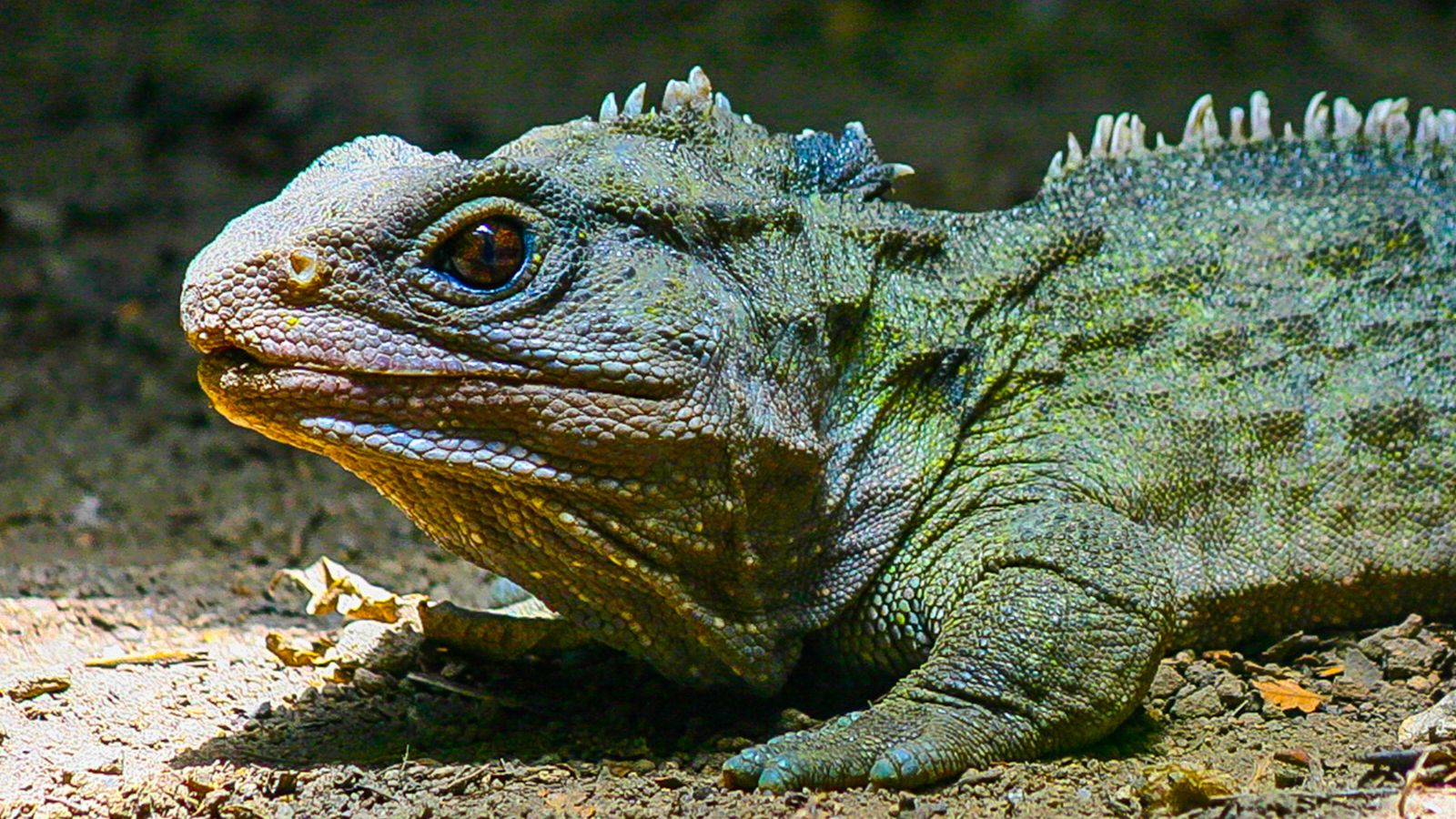
The Tuatara is native to New Zealand and is the country’s largest reptile. Amazingly, The Department of Conservation points out that “They keep growing until they are about 35 years old”, which is impressive considering that “A tuatara’s average life span is about 60 years”. That’s seriously big!
Gharial
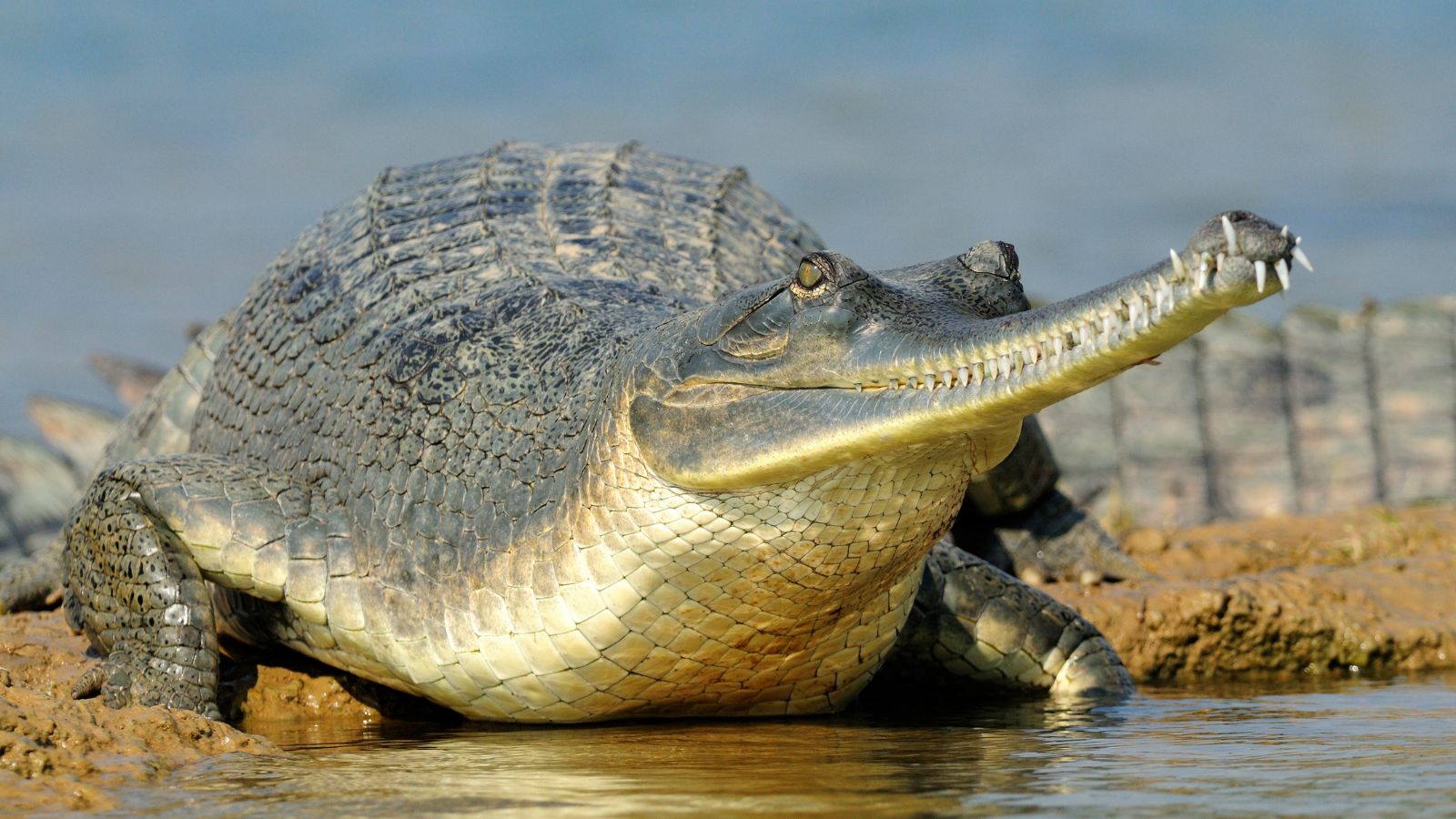
The Gharial is an Asian crocodilian that lives in the freshwater rivers of India and Nepal, weighing up to a staggering 2000 pounds and growing up to 5ft long! They have been a protected species since the 1970s after poaching drastically reduced their numbers, so we’re hoping they’ll make a comeback!
Mata Mata Turtle
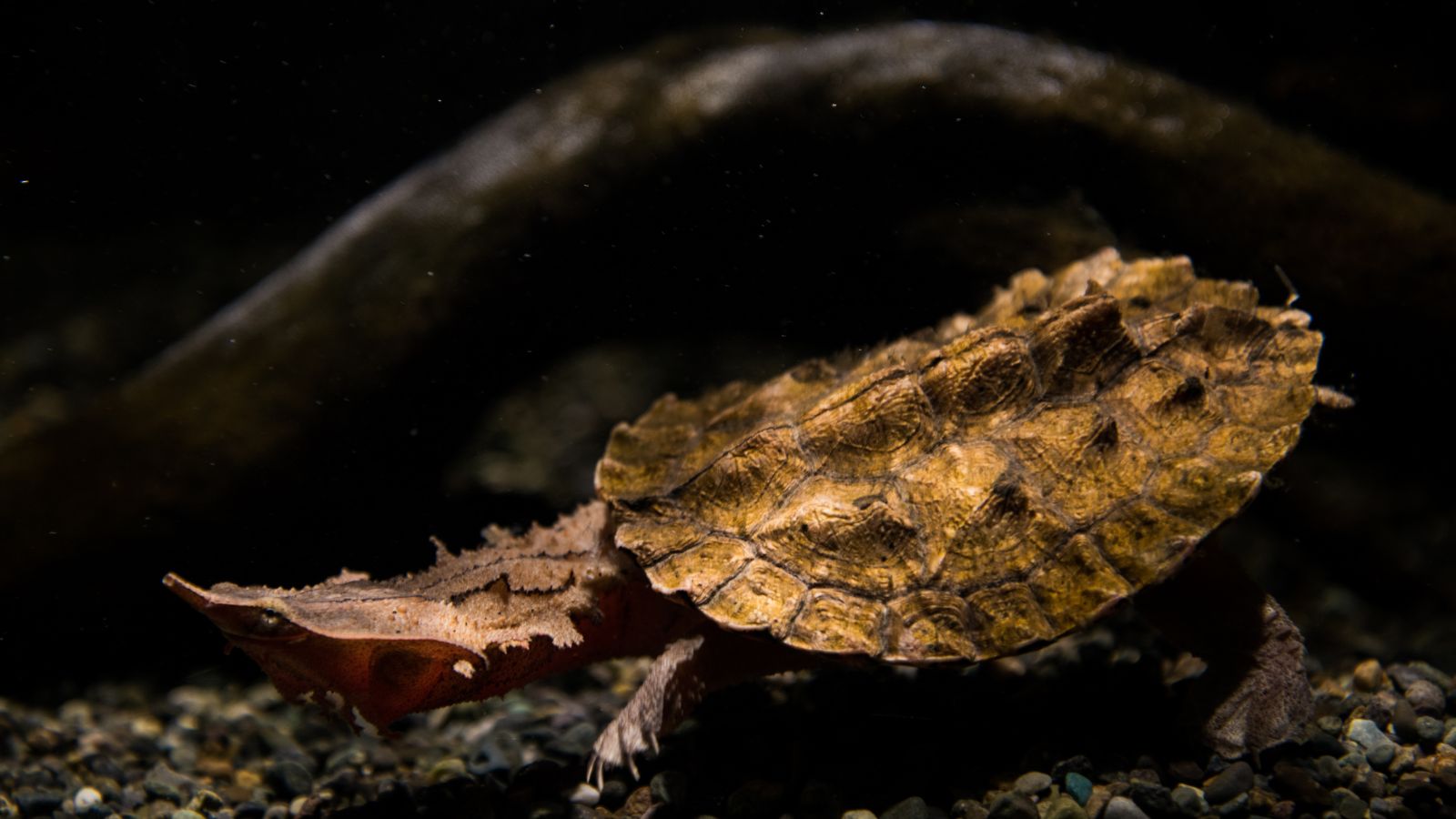
The Mata Mata turtle looks like a horror version of the pet turtle; it uses its long snout to breathe underwater and sensory nerves around the head and neck to compensate for its poor eyesight, camouflaging itself at the bottom of muddy rivers. They’re pretty weird but undeniably cool!
Velvet Worm
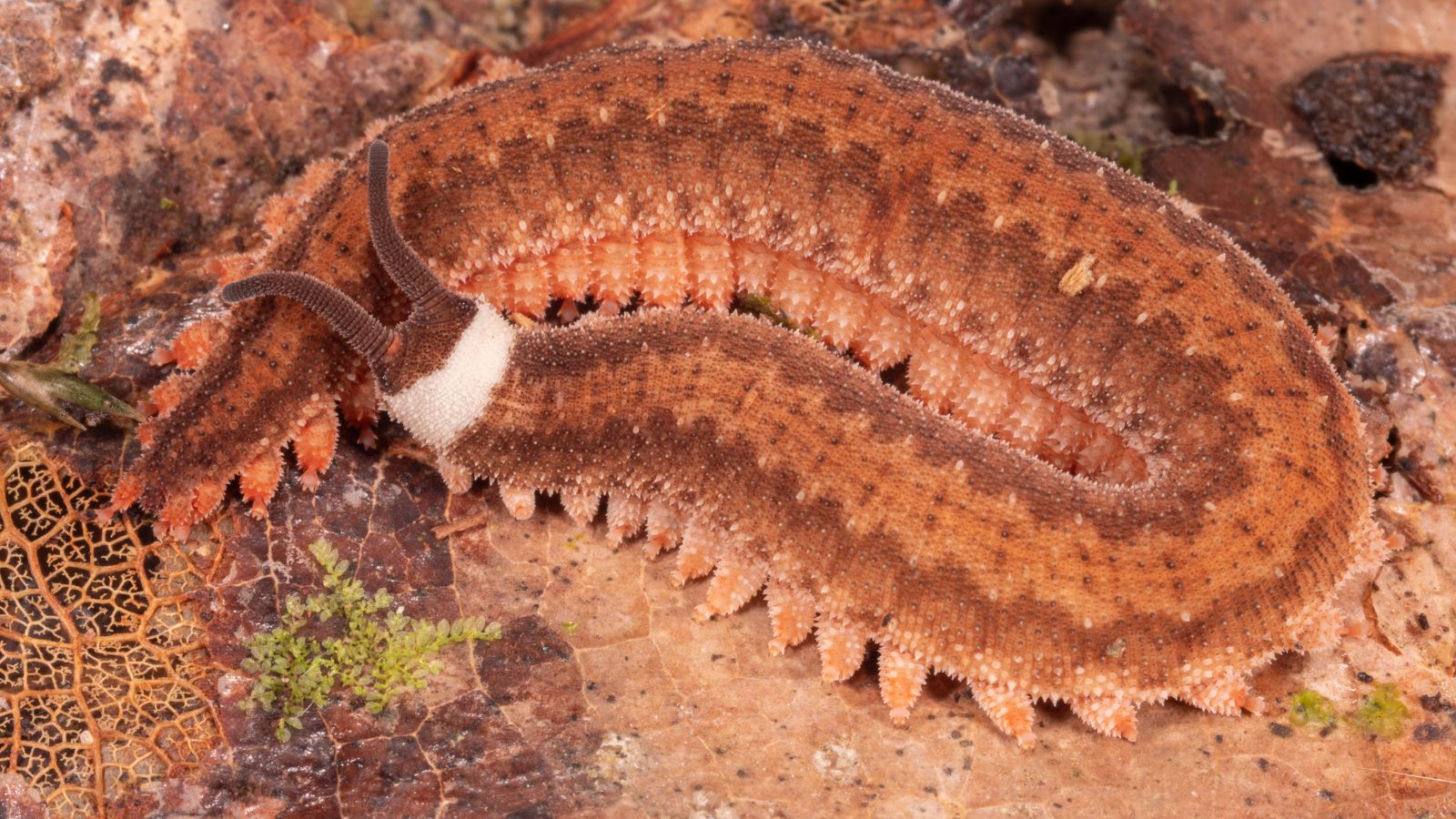
Another horror-movie-like creature is the velvet worm, which hunts its prey by shooting slime at it–yes, really! Thankfully, they don’t grow bigger than around six inches; they hate dry environments and prey on spiders, woodlice, and crickets. Thank goodness they’re not any more common!
Kakapo
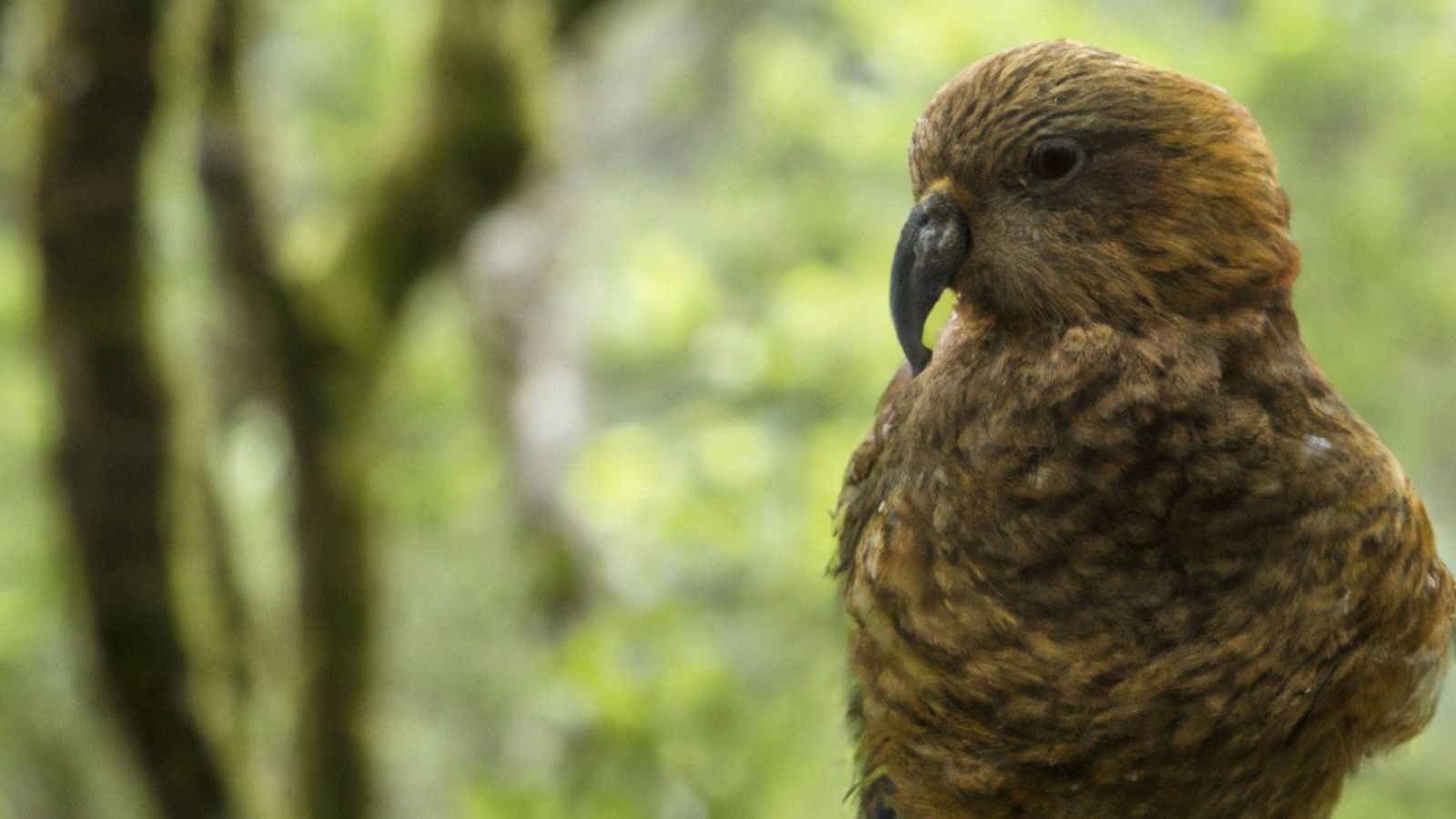
The kakapo is a flightless parrot native to New Zealand that resembles a combination of a parrot and an owl. As Wired points out, this is exactly why the Latin name means “owl-face soft feather.” It can weigh between 4 and 9 lbs, making it one of the world’s heaviest breeds of parrots!
Blue Dragon Sea Slug
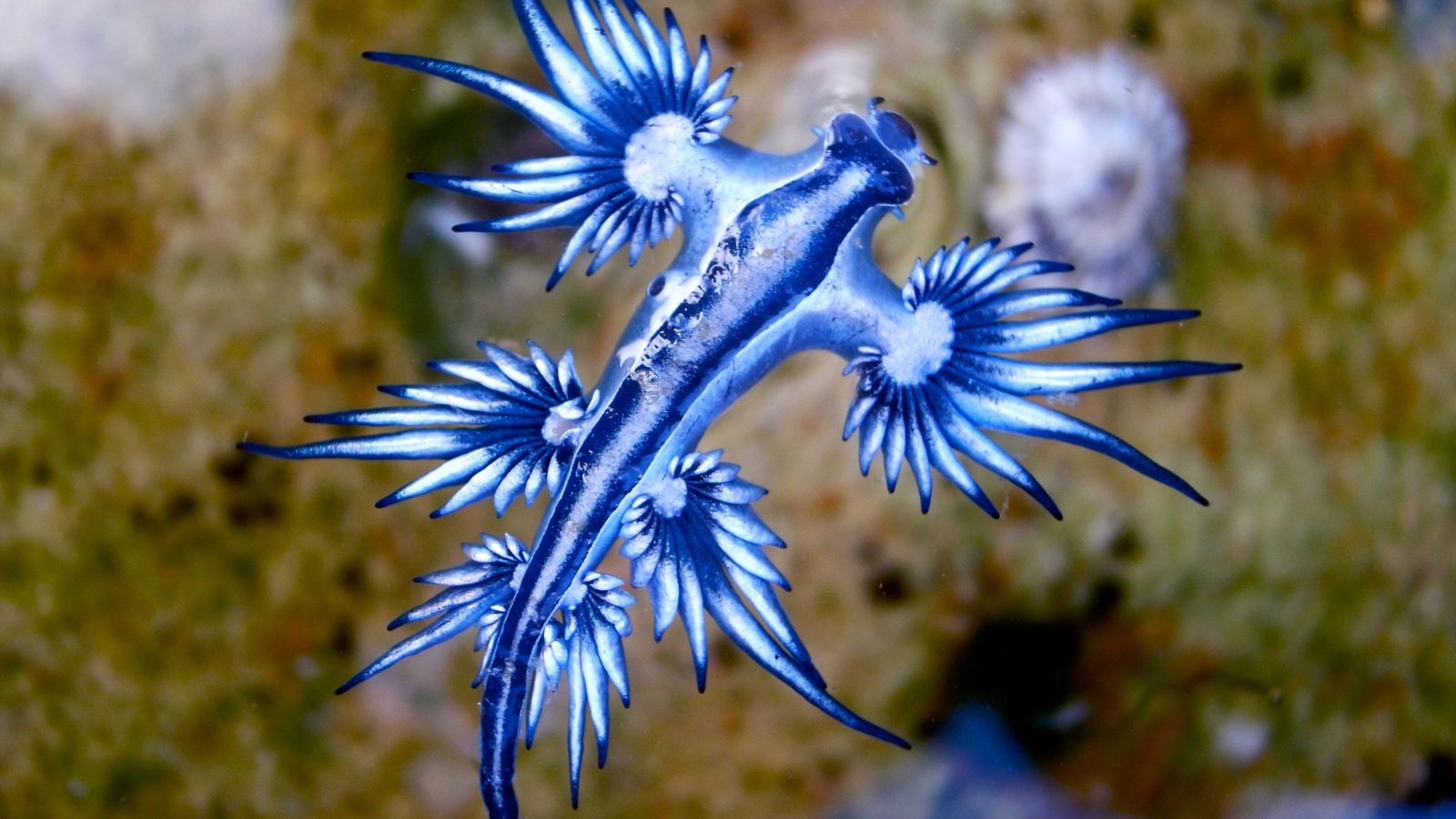
Found in warmer ocean waters, the blue dragon sea slug can appear quite beautiful at first glance, but it’s actually a venomous predator. Interestingly, the blue dragon sea slug’s anatomy has both female and male reproductive organs, making it a hermaphrodite!
Arctic Fox
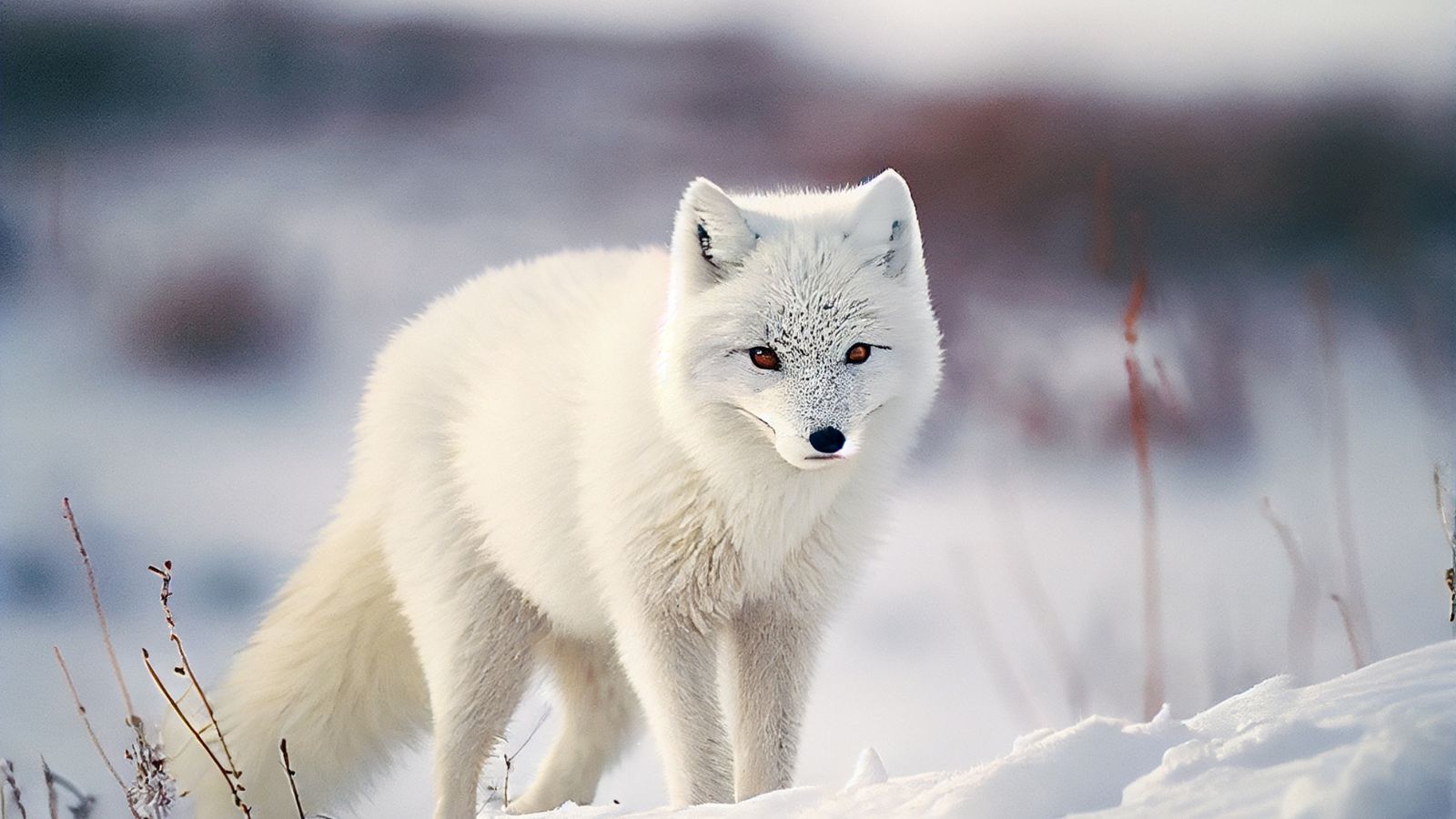
The Arctic fox has adapted to the harsh Arctic conditions, with its stunning white fur that turns brown in summer. In the wild, this creature only lives between 3 and 6 years, and its food sources include smaller birds and lemurs.
Markhor
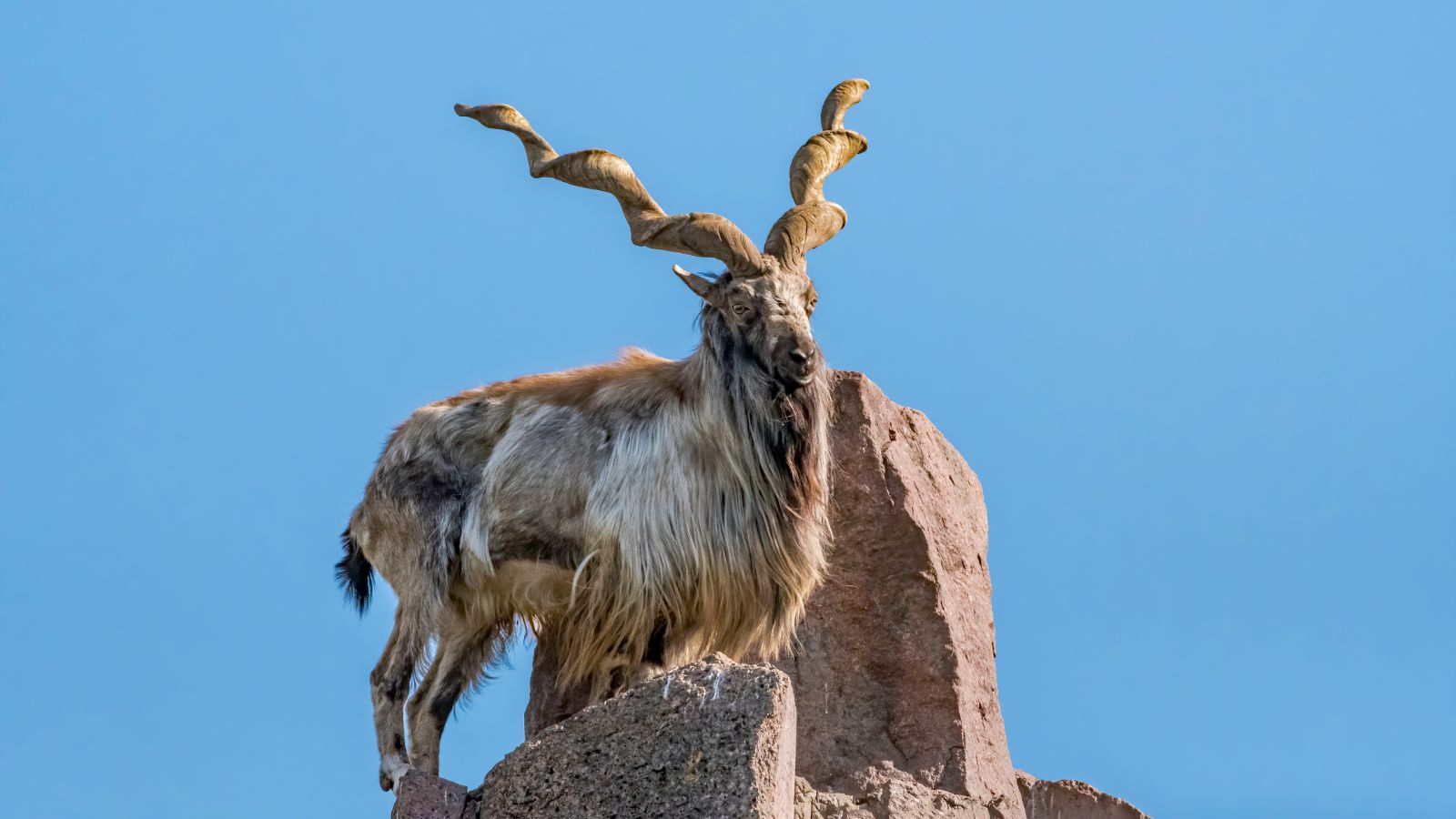
Unfortunately, the markhor has been an endangered species since 2015. It’s a species of wild goat that can be found in the mountains of Central Asia. It features impressive spiraled horns. Males are particularly easy to identify, thanks to their long fringes on their throat and chest.
Thorny Devil
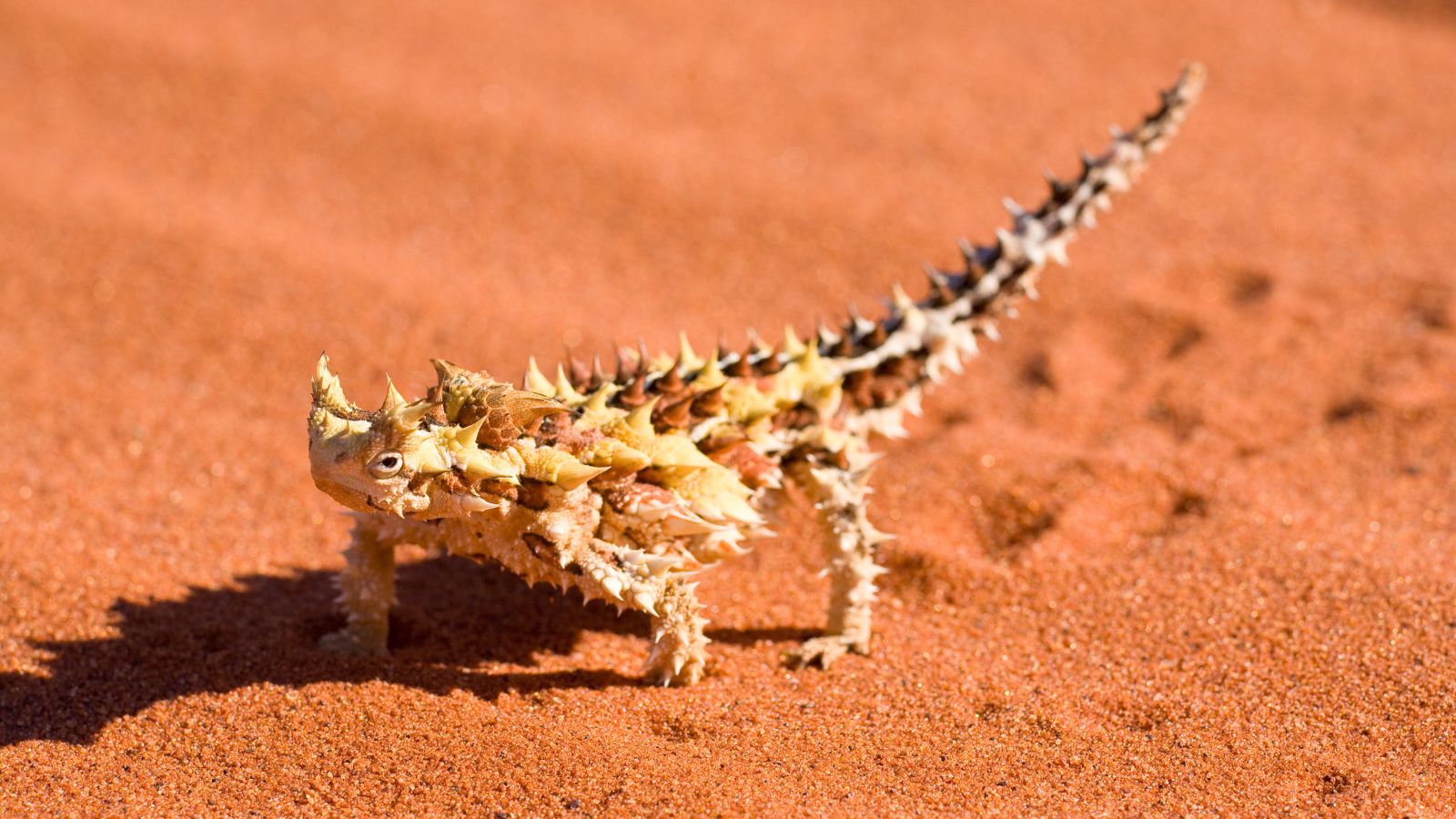
The thorny devil is a native Australian lizard covered in thorn-like scales. It absorbs water through its skin and camouflages itself against the brown shades of the desert. The thorny devil is a solitary creature that doesn’t travel too far from the shelters it digs for itself, so you’re unlikely to ever see one.
Narwhal
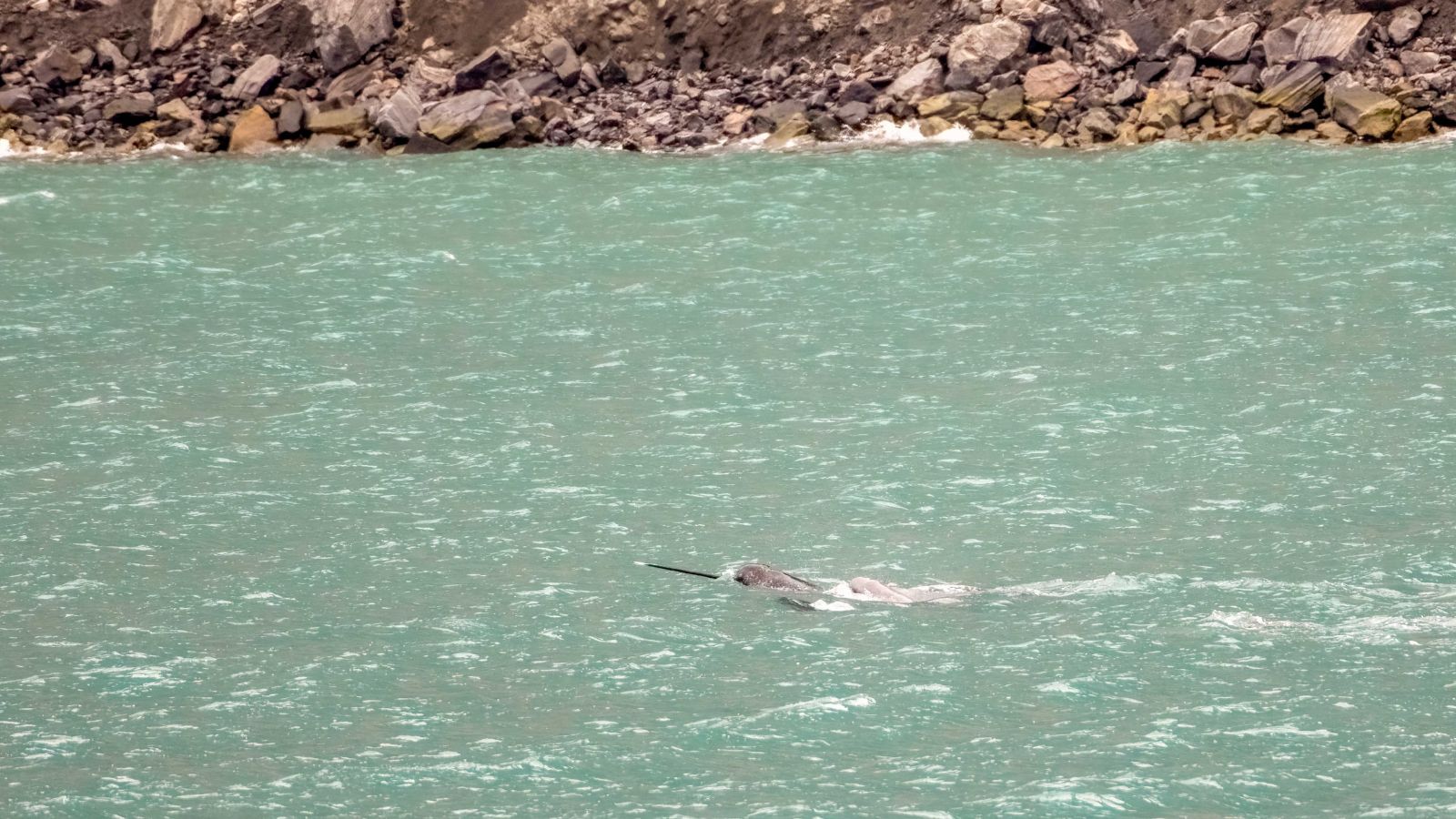
The Narwhal almost looks like a mythical creature, resembling a combination of a whale and a unicorn, thanks to its spiraled tusk, which is used for hunting and mating rituals. WWF describes this tusk as “An enlarged tooth with sensory capability and up to 10 million nerve endings inside.” They’re seriously alien.
Jerboa
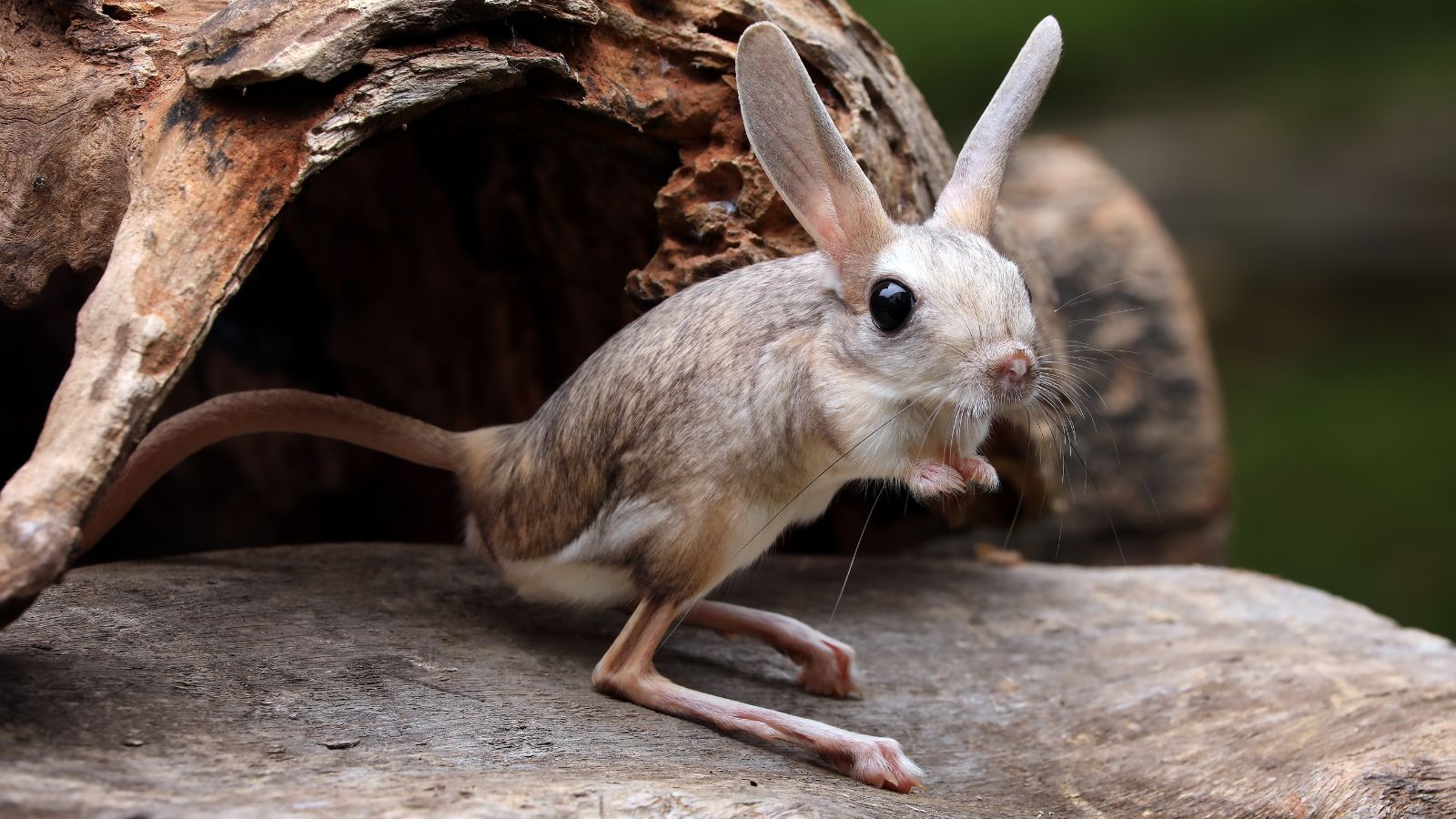
The Jerboa looks like a cross between a mouse and a kangaroo, which could be terrifying if you have a rodent phobia. However, they tend to live in hot deserts, so they’ll never invade your home, which is a relief because they can reach speeds of up to 24 km an hour!
Bornean Elephant
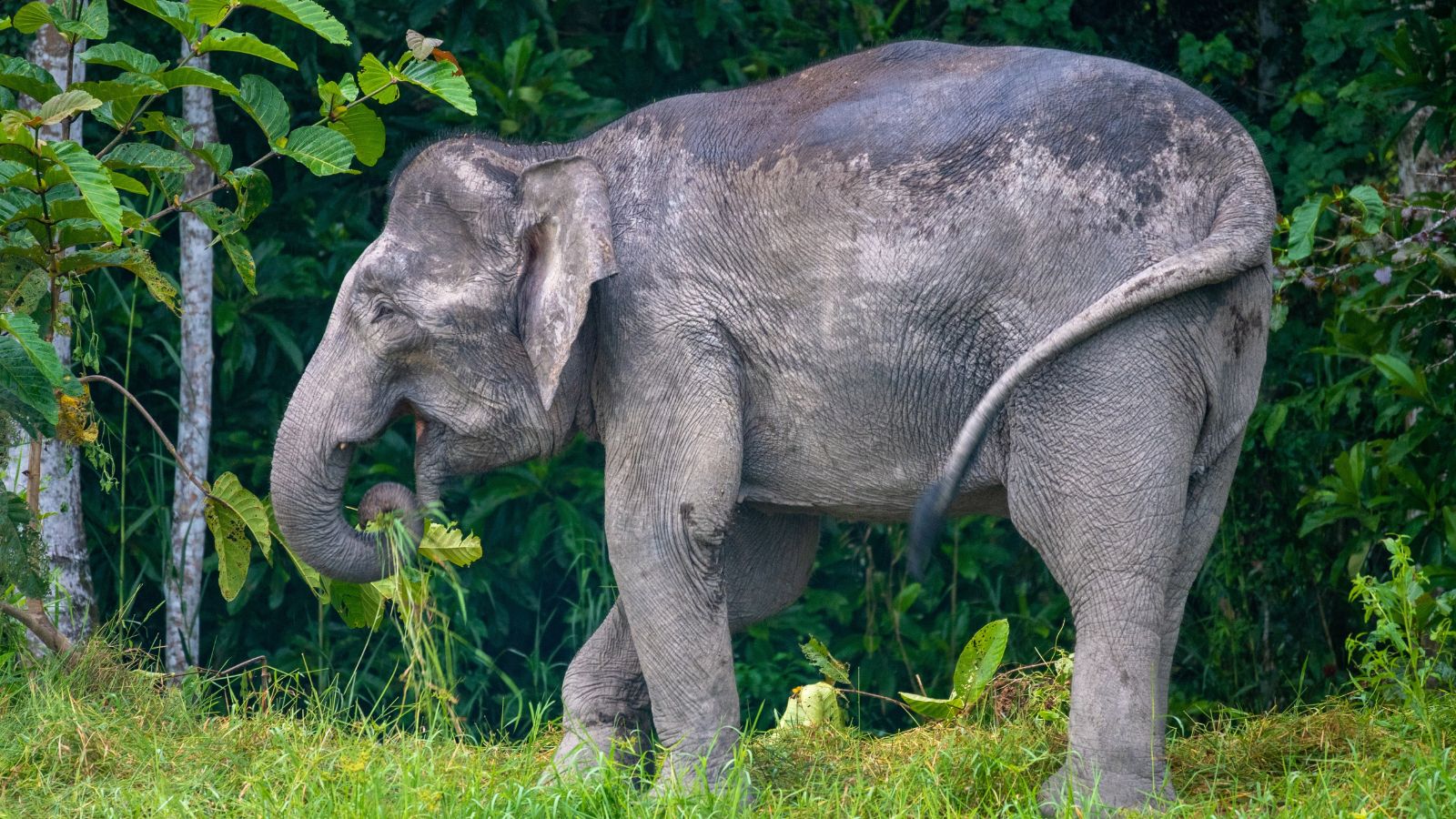
Last but not least, the Bornean elephant is, adorably, the smallest subspecies of elephant. Unfortunately, its worldwide population is less than 1,500, making it endangered. Loss of habitat and hunting are two of the biggest threats, so help spread the word and protect those adorable little elephants!
Up Next: 19 Completely False Things About America That Foreigners Think Are True

The U.S. is arguably the most famous country in the world, and people from far-off places often know our flag and president’s name! However, a lot of media coverage and exported movies mean plenty of opportunities for misunderstanding and stereotyping. Here are 19 false assumptions non-Americans often make about ‘the land of the free!’
19 Completely False Things About America That Foreigners Think Are True
20 Loyal Dog Breeds That Will Never Leave Your Side

Since early humans first fed a wolf around a campfire, dogs have been our constant companions and are renowned for making strong bonds with their owners. But which specific types of dogs make the most loyal and devoted pets? This article describes the 20 most unwaveringly loyal canine breeds and the characteristics that make them the ultimate ‘ride or die’ pets!
20 Loyal Dog Breeds That Will Never Leave Your Side
18 Reasons Older Men Say ‘Nope’ To Relationships

Older men embrace being alone and generally prefer spending time in solitude. They’ve had a full, so don’t criticize them for being less social! The following 18 reasons explain why older men prefer to be alone and are redefining how they experience their retirement years.
